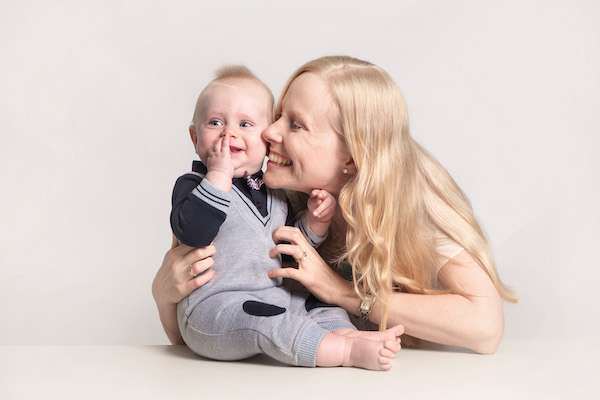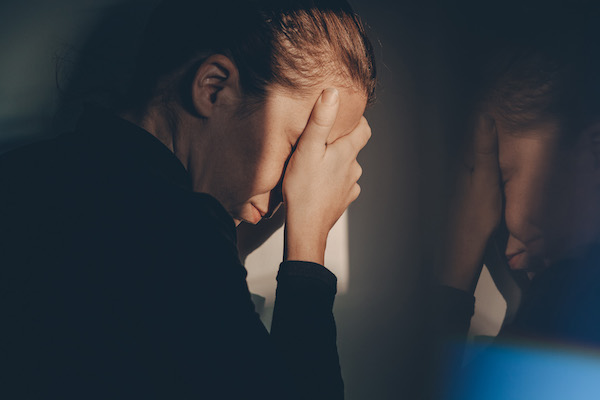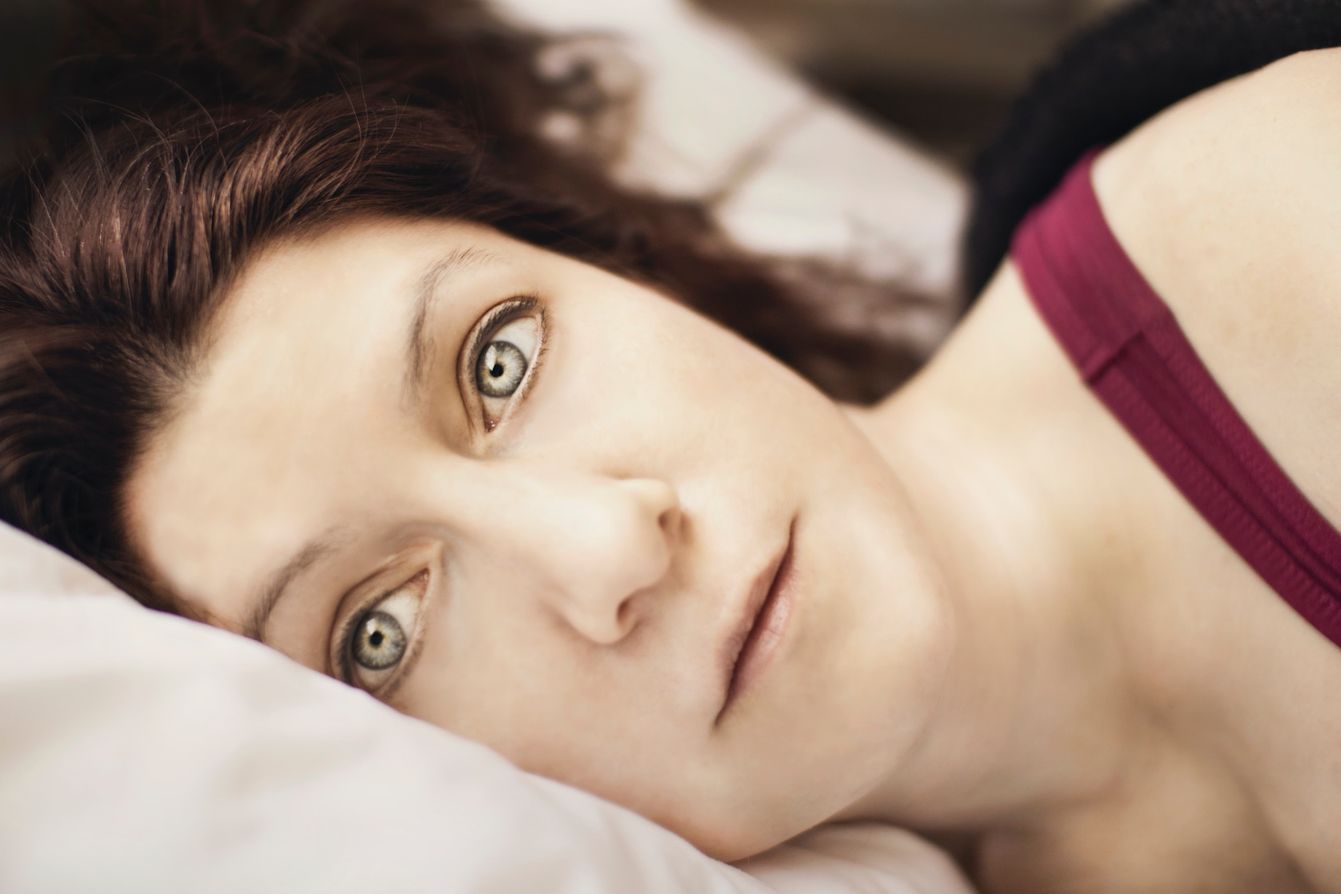Postnatal depression affects one in seven women. If you think you’re suffering from postnatal depression, you should seek professional help right away.
Postnatal depression symptoms
It’s entirely normal to experience sadness, anxiety and challenging moments during the period of adjustment after your baby is born. You may become moody—even teary.
However, if these feelings continue or worsen after more than a week, it may indicative of postnatal depression.
While there are symptoms that could indicate you have postnatal depression, it’s important to remember that everybody’s experience is different. This means the type and severity of symptoms can differ from person to person.
However, most tellingly of whether you have postnatal depression or not is your inability to enjoy your baby—or your new situation. Other symptoms may include:
- Experiencing panic attacks
- Feeling numb
- Constantly nervous and often worrying about the health, wellbeing or safety of the baby
- Feeling exhausted, lethargic or lacking in energy
- Can’t sleep or sleeping too much
- Highly sensitive, often on the verge of tears
- Easily annoyed or irritated
- Lacking interest in most things, even yourself and/or the baby
- Unable to concentrate, focus, remember, make decisions or think clearly
- Have thoughts of self-harm or of harming the baby (or others)
- Withdrawing from family and friends
- Increasing sense of worthlessness, helplessness and hopelessness
- Feeling inadequate or a failure as a mother
- Developing obsessive or compulsive thoughts and/or behaviours
- Abrupt mood swings
- Feeling isolated, but scared of being alone or going out
Postnatal depression affects one in seven woman. If you think you’re suffering from postnatal depression, you should seek professional help right away.
Postnatal psychosis
While less common than postnatal depression, postnatal psychosis is a very serious medical emergency. It can develop between one to 12 weeks after childbirth. Symptoms include having difficulties thinking clearly and experiencing extreme mood swings or hallucinations (seeing or hearing things that are not there). If you think you or someone you know may be suffering from postnatal psychosis, seek professional help immediately.
WATCH: Postnatal depression: You’re not alone
Postnatal depression help
You don’t need to go through postnatal depression alone and there’s help available. The most important thing right now is to talk to someone about how you are feeling:
Australia
- PANDA (Perinatal Anxiety & Depression Australia): 1300 726 306 (Mondays to Fridays, 9am–7.30pm, AEST/AEDT)
- Beyond Blue: 1300 224 636 (24 hours, seven days a week)
- Lifeline: 13 11 14 (24 hours, seven days a week)
New Zealand
- PlunketLine: 0800 933 922 (24 hours, seven days a week)
- Lifeline: 0800 543 354 (24 hours, seven days a week)
- Need to talk?: 1737 (free call or text service from any landline or mobile phone, 24 hours, seven days a week)
It’s important to talk to a psychologist, but the first one you see may not be the one you feel the most comfortable with or who can help you. Remember that you can change psychologists till you find one who suits you.
It can be difficult for you to verbalise the type of help you need but lean on the support you have available to you. This could be husband, your in-laws or friends. It’s fine to leave your baby with someone you trust for a few hours while you get some rest.
Postnatal depression stories

“I wept as my idea of being a mother washed down the drain.”

How I overcame postnatal depression

There is no shame
How helpful was this article?
Click on a star to rate it!
5 / 5. 1
Be the first to rate this post!
Mums At The Table
Related posts
Subscribe
Receive personalised articles from experts and wellness inspiration weekly!


